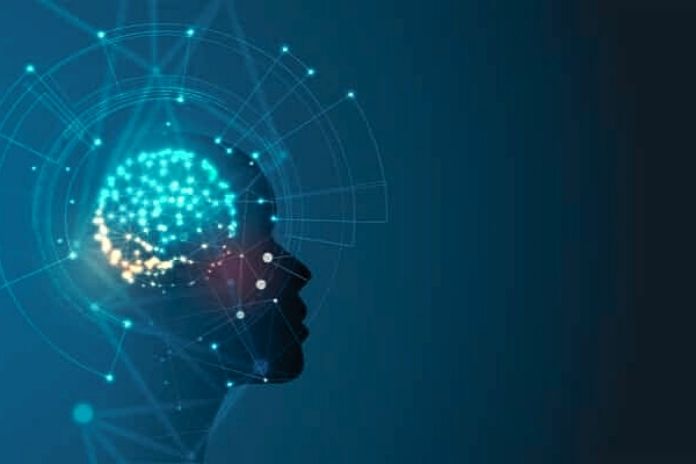New artificial intelligence applications are announced almost every day. But the more solutions are available on the market, the more difficult it becomes to decide on the right approaches in confusion. Artificial intelligence has always been a broad field, and the ideas of what “intelligent” means could not be more different. While some are already celebrating the correct interpretation of handwritten notes, others dismiss it with a gentle smile. After all, there would not yet be a system that would even come close to matching the intellectual abilities of humans. Now, who is right?
Both sides. Because such systems, referred to as “strong artificial intelligence, do not yet exist. The applications we see today are all manifestations of the so-called “weak AI”. What distinguishes this artificial intelligence: They are designed and optimized for a special application scenario. However, there is now an almost unmanageable number of these case-related solutions – and new ones are constantly being added. You will quickly be overwhelmed if you look for practical and operational use cases for your company. A grid of three categories helps with orientation. Because the answer to the question “What should or can artificial intelligence do for us” is: judge, draw conclusions or act.
Assess Artificial Intelligence: Describe What Is
Algorithms can now identify and reproduce facts or state precisely based on data. A typical example is the interpretation of incoming invoices for further posting. Detecting anomalies in large amounts of data from production also falls into this area. Processes for machine learning make it possible to assess much earlier whether machine states are approaching critical values - and thus to take countermeasures in good time. Methods of image recognition are also included. Suppose the computer colleague takes over the visual inspection of components. In that case, this relieves the workload of specialists and, at the same time, increases quality: Faulty parts are not installed in the first place, and defective products are not sold.
Conclusion: Recognizing What Will Happen
The more detailed analysis of data is also being carried out more and more frequently by algorithms. Their use in models for predictions or recommendations goes far beyond the classic predictive maintenance. With the help of an AI, sales figures can be forecasted, and the purchase of long-running and price-sensitive materials can be better controlled. A big plus in times of troubled supply chains. A lot is also possible in the area of production quality. In this way, artificial intelligence can evaluate mountains of sensor data in real-time and relate it to quality control results. Product errors are not only detected more quickly, and rejects limited during ongoing operation. Valuable recommendations are made for the operating parameters of systems and machines.
There is also already practical experience with AI-supported applications for warehouse optimization or intelligent knowledge management in field service. Companies then provide their service employees with relevant context-sensitive knowledge quickly and easily. Technicians have round-the-clock access to important service information and can therefore carry out, and process repairs and maintenance calls more quickly.
Acting: Doing What Is Necessary
On a third level, the smart systems interact with their environment, learn from the results of their actions and can derive what needs to be done in the future to achieve the specified goal. The famous case of AlphaGo falls into this category. The self-learning program headlines in 2016 when it first beat human champions in the Chinese board game Go. Today, there are more and more areas of application in everyday business: for example, when robotic arms learn to grip previously unknown objects without damaging or dropping them. More widespread use cases in this category are also autonomous driving and chatbots, which are not always popular with everyone.
Use Artificial Intelligence In The ERP Area
There is also a lot going on in the field of ERP development in voice control and intelligent assistants. But this is only the first step: ERP systems will be increasingly enriched with AI technologies in the coming years – either directly or through integration with corresponding platforms. AI is becoming increasingly anchored in core processes up to fully automated ones. The experts from the Bitkom industry association agree: that artificial intelligence is a key technology with high disruptive potential for all sectors of the economy. Companies are therefore well advised to gain experience as early as possible.
The proALPHA group, with 49 locations worldwide, offers powerful ERP core and add-on solutions from proALPHA. They form the digital backbone of the entire value chain for more than 7,700 customers. These include companies from industrial manufacturing, wholesale and other sectors. The solutions support the intelligent networking and efficient control of all business-critical systems and core processes. Other applications include data analysis and artificial intelligence, procurement, financial performance management, security, quality, production or time management.
ALSO READ: Multi-Cloud Strategy: From Hosting Provider To Hyperscaler

